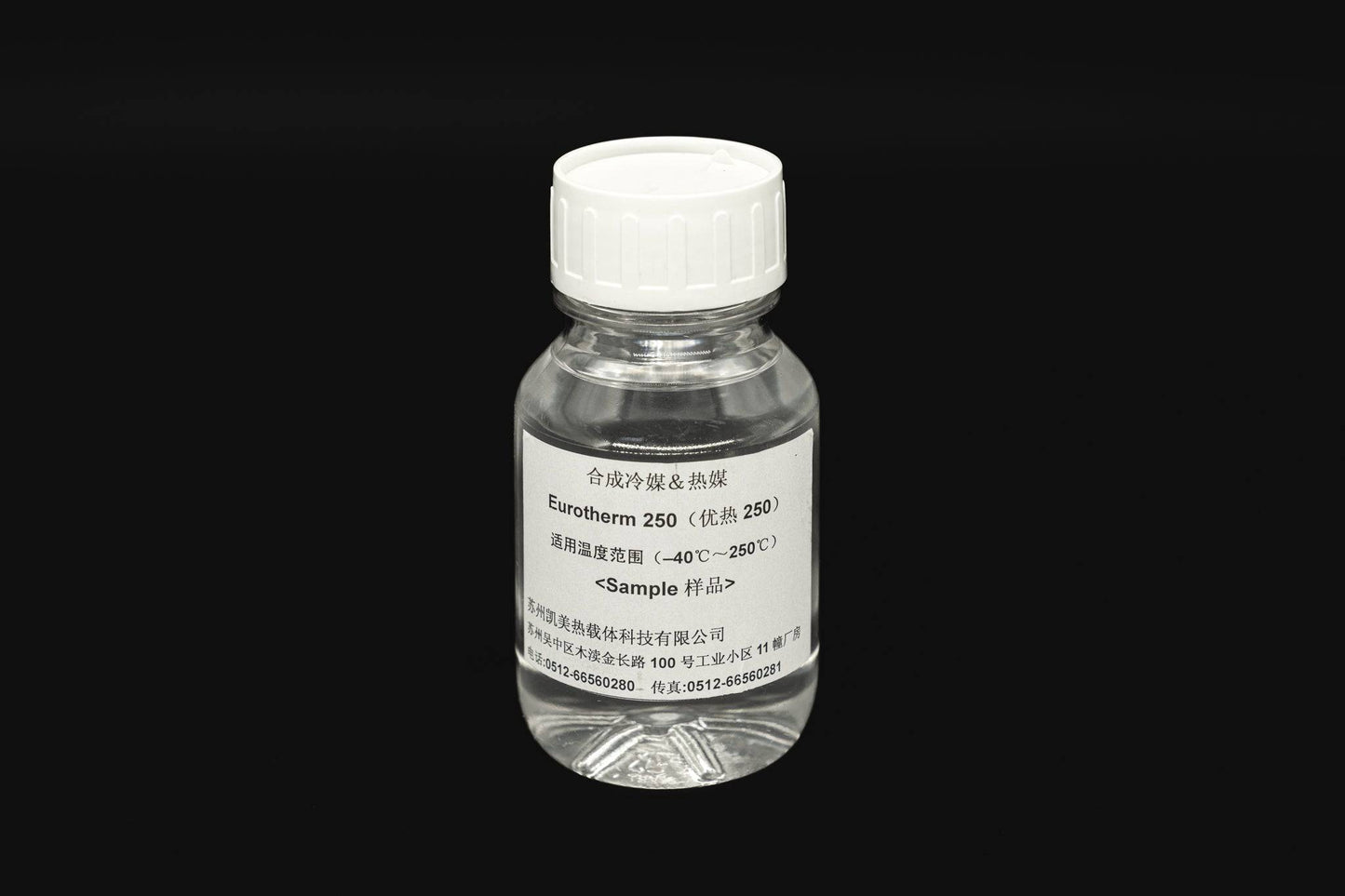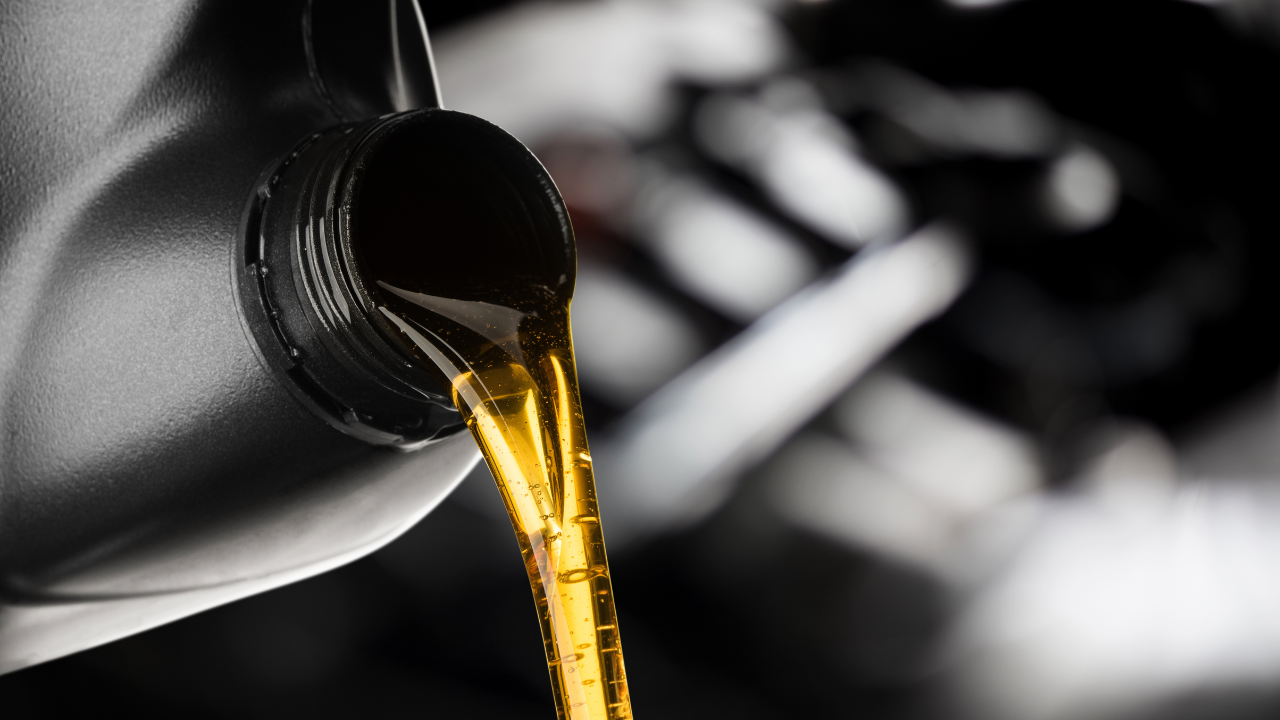The Function of Thermal Oil in High-Temperature Systems
The Function of Thermal Oil in High-Temperature Systems
Blog Article
Why Choosing the Right Heat Transfer Fluid Is Important for Optimal System Effectiveness
Picking a proper heat transfer fluid is a critical decision that can considerably impact system effectiveness and functional prices. As the effects of this choice prolong much beyond immediate efficiency, comprehending the subtleties of fluid choice comes to be essential for any individual looking to achieve ideal system effectiveness.
Significance of Heat Transfer Fluids
What function do warm transfer fluids play in industrial processes? Warmth transfer fluids are essential for the efficient transfer of thermal power within various commercial systems.
The option of heat transfer liquid can substantially affect power performance, devices, and security long life. Liquids need to can holding up against heats and pressures without breaking down, as well as exhibition marginal volatility and low toxicity. Their performance straight affects not just the performance of the system however likewise its functional prices.
In addition, heat transfer fluids play a critical function in preserving process control, making certain that temperature variations are reduced. This is especially vital in sensitive applications such as petrochemicals and drugs, where exact temperature administration is critical. In general, the relevance of picking the best warm transfer liquid can not be overemphasized, as it is essential to maximizing industrial procedures and enhancing total system performance.
Trick Properties to Think About
When selecting a warm transfer liquid, which essential residential properties should be prioritized to make sure ideal efficiency? Thermal conductivity is important; a fluid with high thermal conductivity will efficiently transfer heat, minimizing energy loss. Furthermore, the details warmth capability of the fluid is vital, as it establishes just how much power the liquid can launch and store, impacting total system responsiveness.
Thickness is an additional significant residential property to consider, as it influences the fluid's circulation characteristics; reduced viscosity liquids are generally liked for much easier blood circulation and lowered pumping energy. The liquid's temperature level array is equally vital; it must execute effectively within the operational temperature levels of the system without evaporating or degrading.
Take into consideration the environmental impact and security profile of the liquid, as regulations and sustainability objectives progressively influence liquid choice. By prioritizing these key residential or commercial properties, one can choose a warm transfer fluid that enhances system resilience and reliability.

Effect On System Efficiency
The selection of warmth transfer liquid straight affects system effectiveness, impacting both power consumption and operational performance. A liquid's thermal conductivity, thickness, and heat capacity play critical functions in how properly it moves warmth within a system. Ideal fluid residential or commercial properties ensure that heat is soaked up and distributed efficiently, lessening energy losses and improving the general performance of the system.

Furthermore, the compatibility of the fluid with system products can considerably influence efficiency. A fluid that causes rust or deterioration can cause leaks and system failings, additionally diminishing effectiveness. In recap, the appropriate warmth transfer fluid not just optimizes power performance and see this page reduces prices yet likewise boosts the reliability and longevity of the system, making it an important factor to consider for designers and decision-makers in thermal administration applications.
Usual Kinds Of Heat Transfer Fluids
A variety of heat transfer fluids are generally employed in thermal monitoring systems, each with distinctive buildings fit to details applications. Water is one of one of the most extensively utilized heat transfer fluids because of its high specific warmth ability, affordable, and availability. However, its freezing point restricts its use in low-temperature applications.
Thermal oils, frequently obtained from petroleum, are an additional popular option, specifically in high-temperature systems. These liquids can run at elevated temperatures without evaporating, making them ideal for industrial applications. They may have constraints worrying thermal stability.
Refrigerants, used mainly in cooling down systems, have one-of-a-kind thermodynamic residential properties that permit reliable warm transfer at reduced temperature levels. Their option is important to ensure performance and conformity with ecological regulations.

Additionally, phase adjustment materials (PCMs) are getting traction for their capability to absorb and launch considerable amounts of heat throughout phase transitions, using an unique service for thermal power storage. Each fluid's details features should be reviewed for optimum efficiency.
Best Practices for Selection
Choosing the ideal warmth transfer fluid involves mindful factor to consider of numerous essential aspects that align with the specific demands of the application. Initially, analyze the functional temperature variety. The liquid needs to maintain its buildings and efficiency throughout the designated temperature range. Second, consider the fluid's thermal conductivity, which impacts warm see page transfer rates; greater thermal conductivity usually causes enhanced efficiency.
In addition, examine the liquid's thickness, as it influences pumping energy and overall system performance. Lower thickness fluids generally lower power consumption throughout blood circulation. Compatibility with system products is an additional essential element; guarantee that the fluid does not cause deterioration or deterioration of elements and pipelines.
Next, take right into account the fluid's security and durability, specifically in high-temperature applications. A secure liquid reduces upkeep and replacement prices. Last but not least, ecological and security guidelines should assist your selection process, emphasizing eco pleasant and non-toxic choices when possible.
Conclusion
Finally, picking the appropriate warm transfer fluid is crucial for attaining optimal system effectiveness. The best liquid improves thermal conductivity, decreases power losses, and promotes devices durability, eventually leading to better system dependability and efficiency. Comprehending the key homes and influences of read here various fluids on system efficiency is vital for informed decision-making. Sticking to ideal practices in fluid selection can cause significant long-term expense savings and operational efficiency.
Heat transfer liquids are necessary for the effective transfer of thermal power within different commercial systems. Additionally, the certain warm capacity of the fluid is essential, as it figures out just how much energy the fluid can keep and launch, affecting total system responsiveness.
Think about the ecological influence and safety account of the liquid, as guidelines and sustainability goals progressively affect fluid selection - dielectric cooling fluid. A liquid's thermal conductivity, thickness, and warm ability play essential duties in exactly how successfully it moves warm within a system. Water is one of the most widely utilized warm transfer fluids due to its high particular heat capability, low price, and accessibility
Report this page